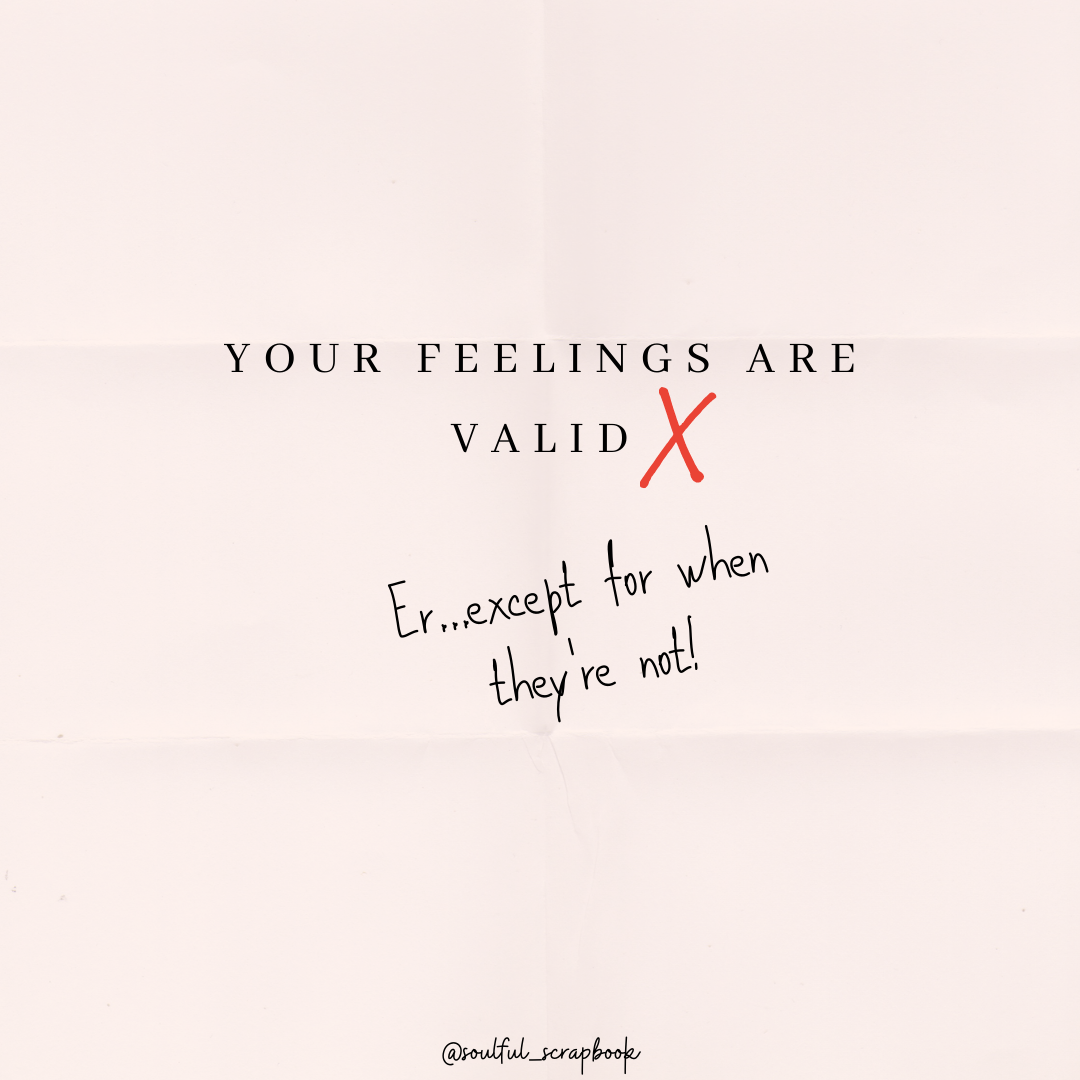“I have a bad feeling about it.”
“Things just didn’t feel right anymore”
“I feel like I need some more time, and that I should hold off for a while”
We’re all used to using our feelings as guides, whether we consciously realise it or not. Decisions are made, lives are changed (or stay the same) based purely on our emotional reaction to circumstances. But the way you feel is not always as significant as you think. Our feelings are powerful internal signals. They indicate to us how we are interpreting and reacting to our environment. Yet the sensitive sensors attached to our emotions are not always the most reliable of data to base important decisions on.
It’s true that these signals often highlight areas of life that may need our attention. If a relationship consistently leaves you feeling sad, if a friendship regularly triggers your anger, if another day going into your place of work fills you with dread, your feelings can let you know when something needs addressing.
But here’s the other important thing about your feelings…they are not facts. They are not facts, yet many of us behave exactly as if they are. Recklessly acting on every feeling as if it were gospel. Chasing negative emotions down a deep rabbit hole, making rash choices that impact you and others or holding yourself back from positive opportunities. We seem to have a deeper trust for the things we feel, more so than the thoughts that enter our head. Yet neither should be blindly followed without question.

The way we feel is a) based on totally subjective interpretations of our thoughts and circumstances b) incredibly changeable. Your feelings are subjective interpretations of data based on the internal thoughts you have and the way your mind processes and views external experiences. Whilst repressing your feelings is never good, neither is allowing yourself to be too heavily swayed by naturally ever-changing moods.
Why? For a start, because plenty of things that are “good” for us, don’t always feel great and plenty of things that are “bad” for us can feel perfectly marvellous at the time. Then there’s the problem that plenty of times we get it wrong. Sometimes very wrong.
The way we initially feel turns out to not be accurate. We didn’t have enough information, our past experiences or flawed belief systems cloud our judgement and lead us to jump to conclusions. Think of a time when you completely got hold of the wrong end of the stick and caused unnecessary drama or suffering for yourself in the process. Just as some people will jump headfirst into a situation based on the way they feel, others will consistently hold themselves back in life, basing their choices on how they “feel” rather than fact-based evidence.

Yes, emotions should be acknowledged and expressed but they also need to be questioned and considered. We need to learn to bring a deeper awareness to our thoughts and feelings and be discerning in choosing which ones we decide to believe and act upon, and which we will let go of.
Sometimes a bad day is just a bad day. We don’t have to read too much into every feeling that we have. Instead, use your powers of self-awareness to actively question the truth behind your feelings. If you find yourself being driven by a strong emotional response, try the following exercises to help you to probe a little deeper into your emotions.
Name your feelings. What words best describe the emotions that arise in you. The emotions that you are experiencing are temporary states, they are not you. Get into the habit of observing these emotions to realise that there is space between you and the emotion.
Start an emotion diary. Observe the spectrum of emotions that you are capable of feeling which come and go every day and are subject to frequent change. Notice what triggers certain emotions and if this then leads to certain actions.
Reframe emotions. When a thought or circumstance triggers a negative emotional response within you, practice reframing your initial feeling towards it. Play a game with yourself to see how many other perspectives you can take. How might someone else see the situation or feel about it? Could what you feel negative about right now have any positive aspects? This helps train your mind to understand that it does have choices in how it perceives the data it receives.
This article first appeared on my website Soulful Scrapbook.


